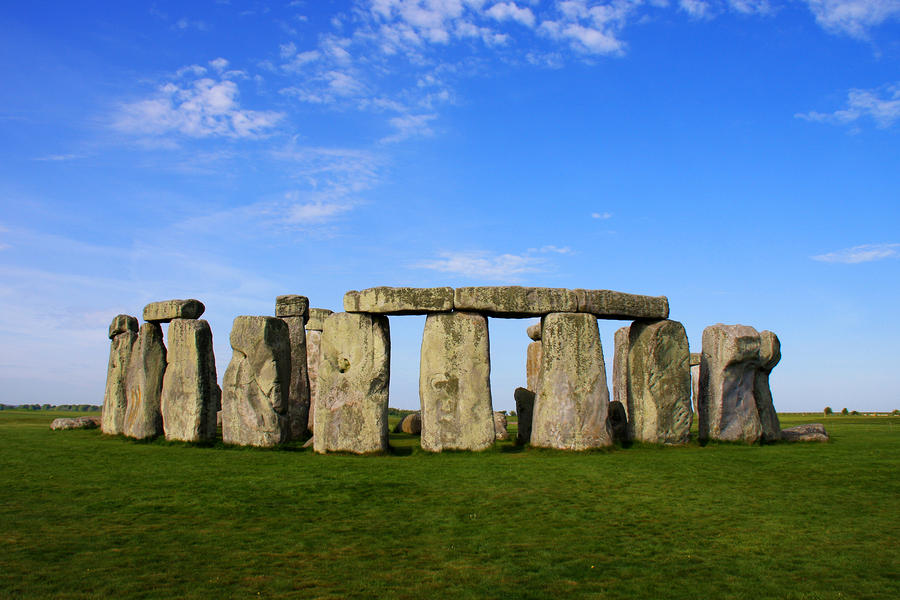One hundred years ago this week, Cecil Chubb of Great Britain decided to give his wife a really great gift. He bought her a bunch of big rocks at auction for £6,600 (equal to US$10,500 in 1915 and about US$250,000 today).
Mrs. Chubb was certainly surprised with the thoughtful gift. But the rocks just weren’t her cup of tea.
You see Mr. Chubb bought Stonehenge for his wife. Yes, that Stonehenge. The prehistoric, 4,500 year old huge dominoes.
After a few years of “what am I supposed to do with these?” from his wife, Cecil finally donated it to the nation and for the last century, Stonehenge represents a historic landmark for the United Kingdom and the world.
I have to be honest with you, today’s blog post is reverse-engineered.
The one hundred year old story of Cecil Chubb and Stonehenge was so funny that I decided to mention it and then figure out a good way to make a meaningful point for authors and publishing colleagues.
In effect, to get water from a Stonehenge.
It was not easy.
Here are a few options I pondered:
1) Never give a book to someone without asking yourself if they would really want to read something like it.
2) Everyone makes mistakes, so if your book doesn’t sell, just donate them to someone.
3) If the initial audience for your book rejects you, maybe there is a bigger audience waiting for it.
None of those really worked for me, so here is what I came up with:
Classic literature takes time before it is called classic.
In 1915 the people of Great Britain didn’t know what they had. The person who sold Stonehenge thought so little of the site that when they sold it to Cecil Chubb they probably laughed all the way to the bank thinking about how they suckered him.
Conversely, knighting something an “instant classic” is almost always untrue. I would suppose the “new” Harper Lee and Dr. Seuss books that released this past summer could be called “instant classics,” but considering two exceptions to the classic-rule among the hundreds of thousands of books published this year is hardly a reason to change the standards.
The definition of a “classic” is that a generation or two from now people would still read it and consider it worthwhile. The path to classic is not paved by marketing or promotion, but by readers who consider it worthy of their time from generation to generation.
Classic status is bestowed by readers.
Society in general is quick to assign long-lasting fame or “classic status” to everything from movies to a particular sports game or to a song or book.
But only time will tell if that is truly the case.
Twice each year I blog about what was on the various bestseller lists years ago. For instance, back in late June, I posted the lists from July 1995.
Only because I feel that more time needs to pass before classic status is assigned I would say only Christy by Catherine Marshall currently could be given that description from among the 1995 bestseller list. However, we can probably place a few more on a “watch list” as classics.
The things that make a book a true classic are either some or all of the following:
- Started a trend that continues to today.
- Is still top-of-mind when groundbreaking books are mentioned.
- Continues to sell well for decades.
- Considered important by educators, librarians and leaders.
Still very subjective, but fun to ponder.
My point today is to reserve the word “classic” to describe a book standing the test of time and not be so quick to grant that lofty description too early. It might take 45 years instead of 45 centuries, but for sure, 45 minutes is far too soon.



